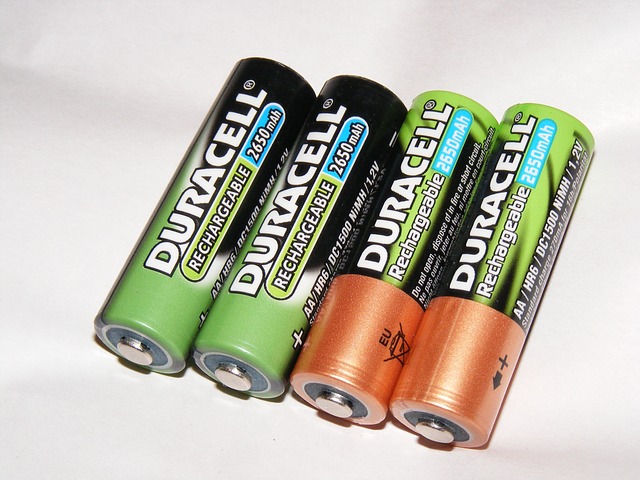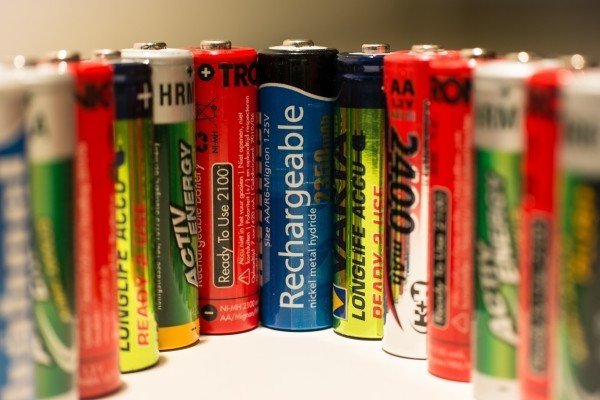Lithium-Ion Battery Charging Characteristics
Sep 27, 2019 Pageview:1291
Li-ion batteries offer users an excellent level of performance as compared to its predecessors which were probably nickel-based cells with lots of limitations. Lithium-ion cells are expected to be versatile and rechargeable portable energy sources, but sadly less attention is being paid to their charging properties. If charging of such batteries isn’t undertaken properly, the cells’ operations might, in the end, be ruined or even destroyed. Proper charging ensures the user acquires the batteries’ highest level of functionality and extends its operational life. Li-ion battery charging is therefore supervised by a battery management system developed by the manufacturer controlling charging, discharge, and their rates.
Theorists and scientists proclaim that energy flows in cells as seen in the ion movement from the anode to the cathode. As much as this claim is right and carries obvious evidence, it isn’t true since the batteries don’t live for an eternity. Over time, ions get trapped onto the electrodes, and this is to blame for the cell’s capacity fade as much as internal corrosion and degenerative effects also have a role to play. There is, therefore, no such thing as a ‘miracle charger’ that can assure you of prolonged battery life and extra capacity.
When should I charge my lithium-ion battery?
You can charge your battery at any time you feel as though it needs some ‘juice’ to help your device stay awake. However, there are certain proper techniques one may overlook that tend to help when you intend to charge the cells.
· Don’t leave your li-ion cell to charge fully
Li-ion batteries don’t require charging to their maximum capacity of 100% A close range of 40% to 80% is all that is required for your battery to be in good condition and to delay its deteriorating period.
· Fully discharge your battery once a month
Manufacturers recommend that after 30 charge cycles, which can be translated to a month, the user should discharge their battery completely. Modern Li-ion batteries are termed as ‘smart batteries’ since they have the capability of sensing how long you have until your battery dies. As much as complete regular discharging is prohibited, once a month tends to be healthy for your battery as so developers say.
· Perform shallow discharges
· Do not your battery to 0% all the time, which should be noted to be very unhealthy for battery life. Instead, one should discharge for a small while up to a certain level then recharge them for full and better performance. The more your battery gets used to being with steady charge capacity, the better it stores power for your device.
· If the battery level is at 80% or more avoid recharging before using
Should lithium batteries be left on the charger?
There is seemingly a lot of confusion when it comes to such an issue as the overnight charging for your li-ion battery and how often to do it. One should note that lithium-ion cells are nothing compared to the older nickel-based ones. While the predecessors of li-ion cells suffered a nasty ‘memory effect’ due to overcharging, this limitation is luckily absent in the current dominators of cell technology. Manufacturers of these cells have set up an outstanding prodigy of industrial functionality which restricts li-ion cells from accepting any overcharge.
For years, the myth of damaging your battery because of leaving it plugged in overnight has turned into a legend that a large number of individuals still believe. Having your battery charging overnight does not diminish it in any way as it all relies on cycle count, which translates to how you use it or how much work you make it perform.
However, there may be a danger that might exist with leaving your li-ion battery plugged in charging overnight. Temperatures and voltage fluxions due to power surges may affect your li-ion cell in a negative way leading to damage or quicker degradation. Either way, if your battery seems to be running low just before bedtime, it wouldn’t hurt to plug in your device and rest easy till morning comes. There is no need to be paranoid about such a minor issue.
Can I charge a lithium battery with a regular battery charger?
This is probably one of the most common questions that li-ion battery owners have and which tend to put them on edge when it comes to acquiring a new charger for their devices. The most important thing to remember is that not all chargers are the same or with similar properties. The only thing they may have in common is that they all induce charge into your devices’ batteries without any other characteristics.
You are theoretically allowed to charge your li-ion battery using an acid battery charger. However, one should take into consideration the charger’s profile, voltage, and current output and whether it matches the li-ion battery pack or not. Many of the latest Li-ion cells are modified to read/sense the cell information and check whether it matches with its own before the current is allowed to flow. If you might still be in doubt about the whole charger situation for your li-ion cell, then to be on the safe side, just get yourself the official charger for your battery.
Conclusion
As compared to nickel-based cells, Li-ion batteries are simpler to charge since their circuits seem to be a bit more straight-forward with less voltage and current limitations. The Li-ion charging process does not need saturation limits as is the case with lead acid hence offering a primary advantage for renewable energy storage. Li-ion chargers do not offer an adjustable voltage at the end of a charge period as manufacturers fear that this feature would end complicating things. You mustn’t use a lead-acid charger on a li-ion battery if it contains an automatic ‘equalization mode’ that cannot be switched off as it may not maintain proper voltage.
In the end, using a charger with a unique or specific algorithm designed for lithium-ion charge seems to be the best option to explore maximum cell performance and extend the battery’s lifespan.
- Prev Article: Lithium VS Alkaline Batteries in Cold Weather
- Next Article: 18650 Battery Amp Output-Characteristics Analysis
Leave Message
Hottest Categories
-
Hottest Industry News
-
Latest Industry News











